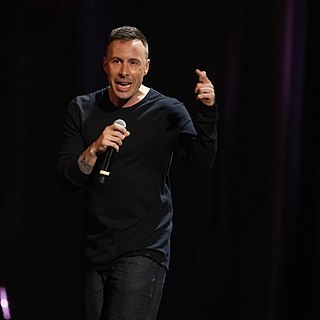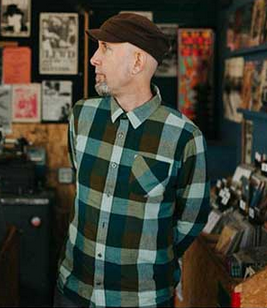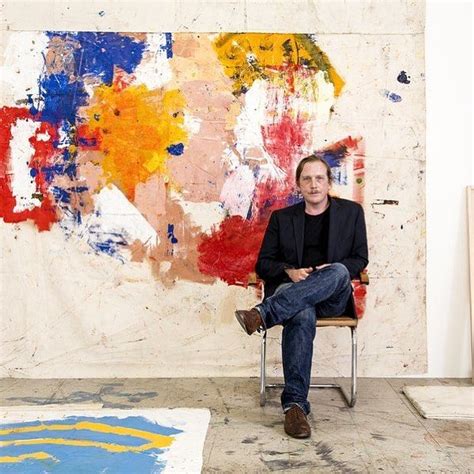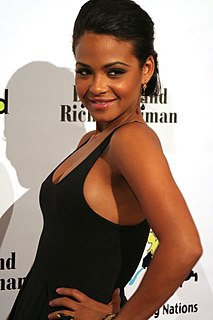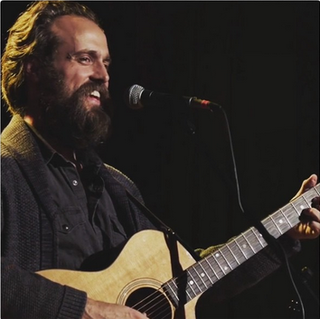A Quote by Neil deGrasse Tyson
I've always been interested in pop culture. Some of my colleagues think of pop culture as beneath them, or there's the ivory tower and then there's everybody else, and I never could buy into that wall that's been put up by so many people over the decades and even the centuries.
Related Quotes
I’ve always thought that if comics are a part of pop culture [then] they should reflect pop culture, but a lot of the time comics, superhero comics especially, just feed on themselves. For me, comics should take from every bit of pop culture that they can; they’ve got the same DNA as music and film and TV and fashion and all of these things.
I think so much of our society is geared towards mainstream media and pop culture and so forth. And there's a huge divide between the artist and the fan. And with indie culture that wall is removed. You actually do see the musicians walking around enjoying the show. It's a distinctly different culture and for the 99% of Nirvana fans that caught up with them with Nevermind, my book is gonna give them a whole different take on Kurt [Cobain] and the band.
I try to look at the films as I make them from a distance, in a way. I think of them as kind of pop culture artefacts. I'll often make posters and tag lines as I'm working on them, and not just conceive of them as a story I'm going to tell, but as a whole, a piece - a whole object that exists in the pop culture realm.
'We Are Pop Culture' is my clothing line for women that started with just T-shirts. The clothing line is urban street wear. It's for women that feel confident in their own skin and want to express themselves. The whole idea is to play with modern pop culture and previous pop culture using art and sayings.
I've found that no one complains about pop culture being a source of someone lecturing to them. If someone's telling you about Kim Kardashian, you're not going to accuse them of lecturing to you. If I can explore an intersection between pop culture and science literacy, then it generally will not come across as a lecture.







